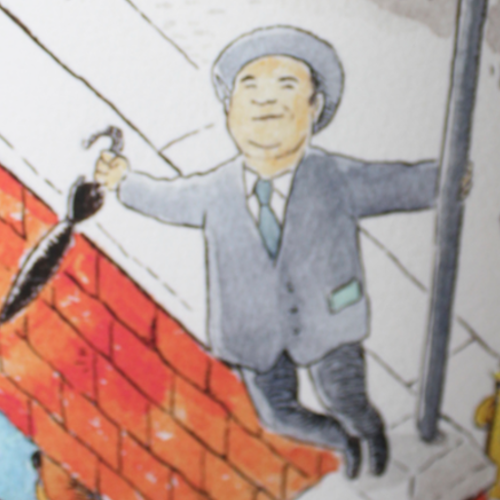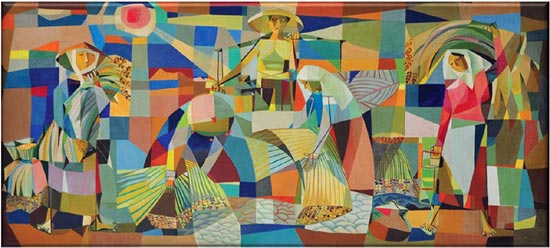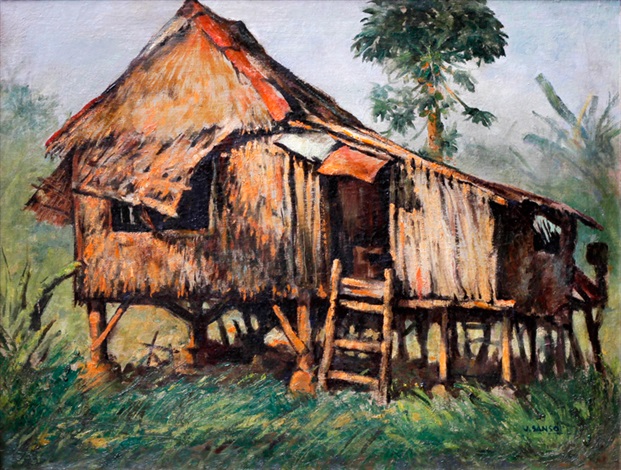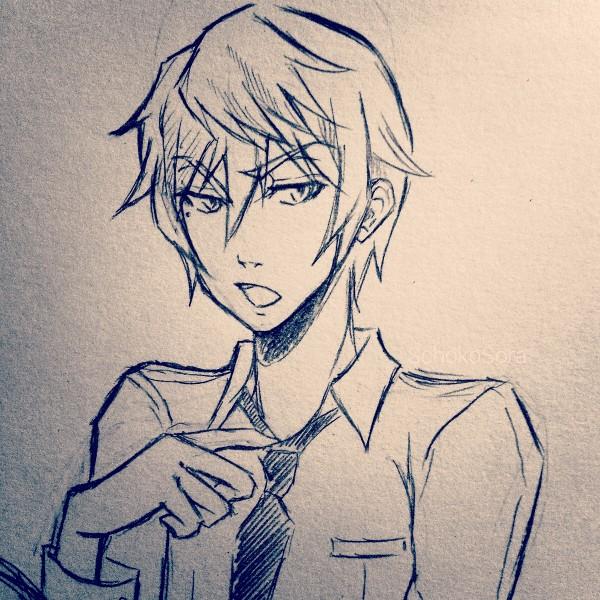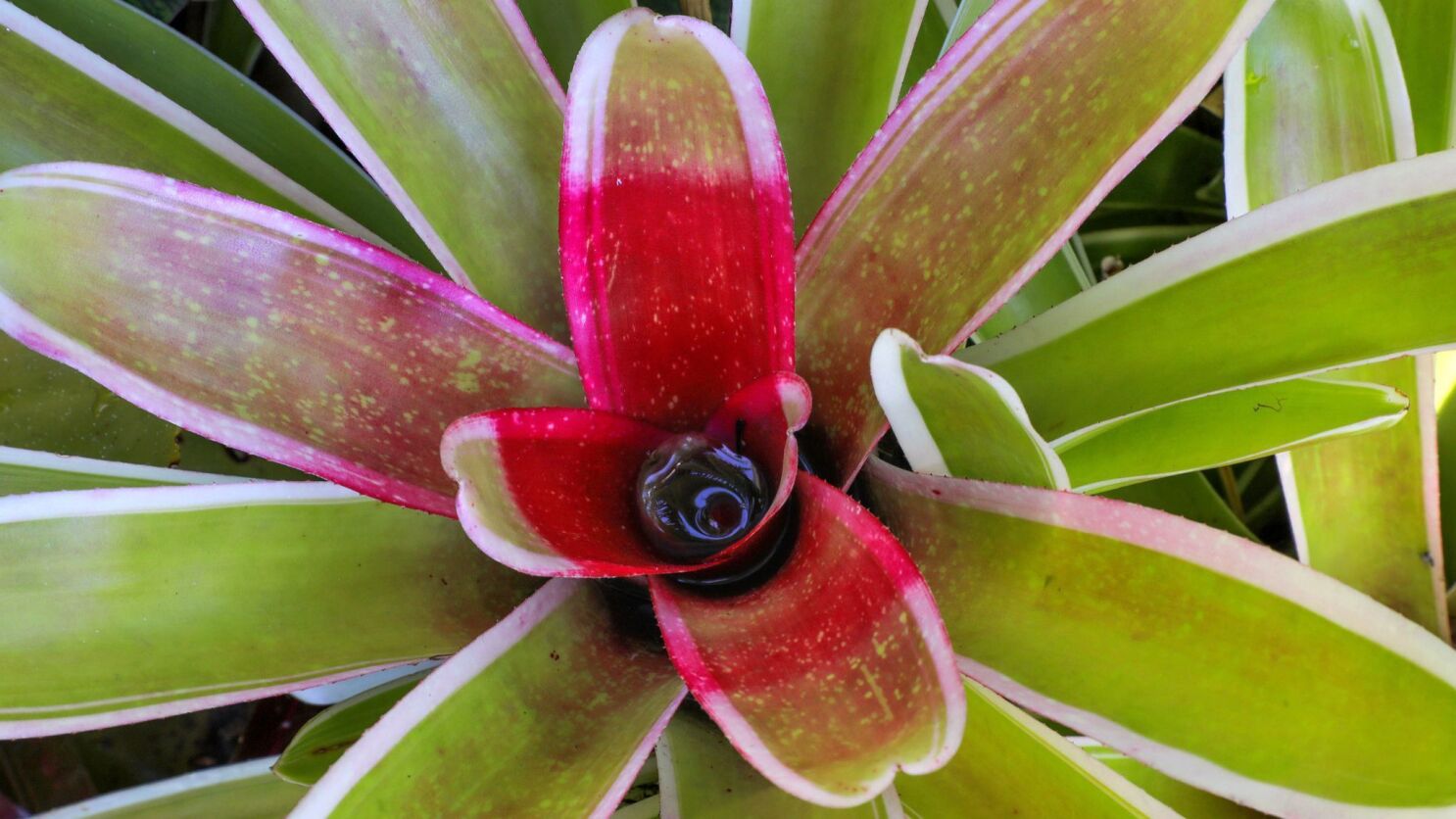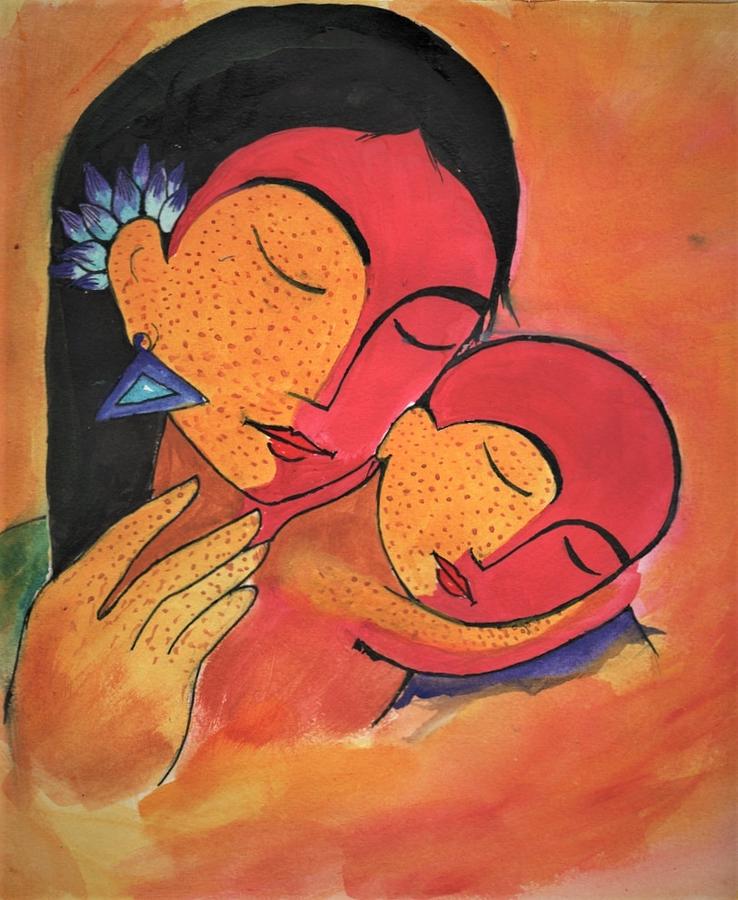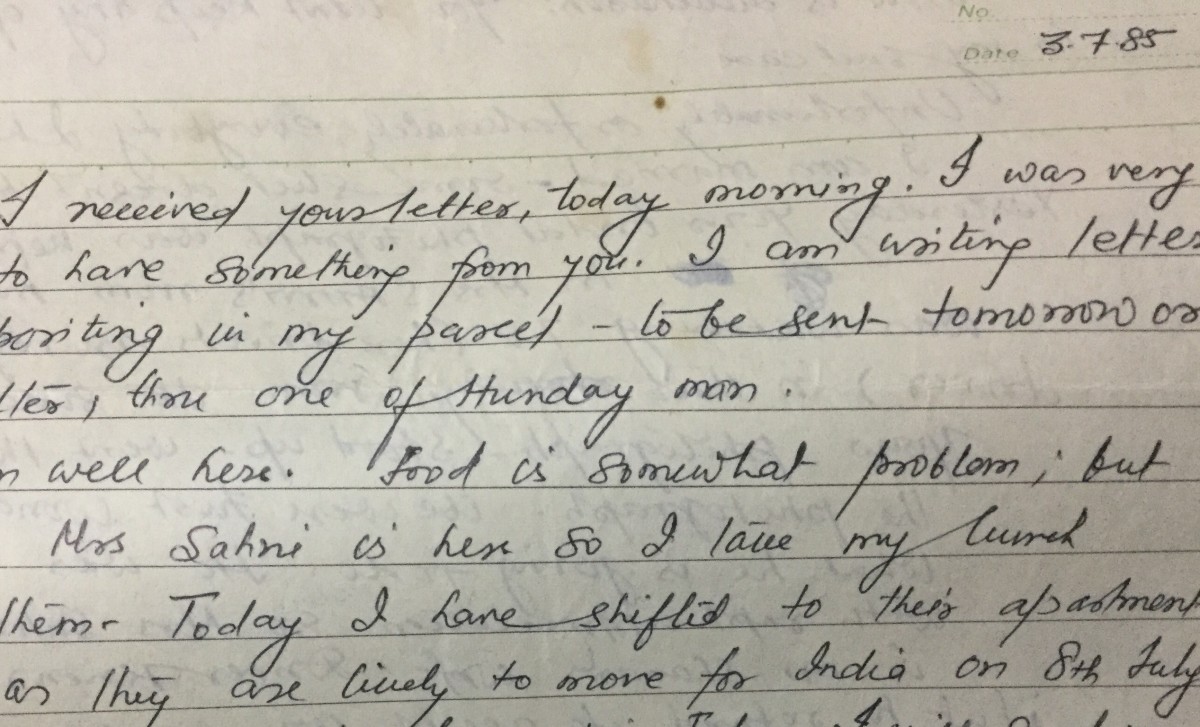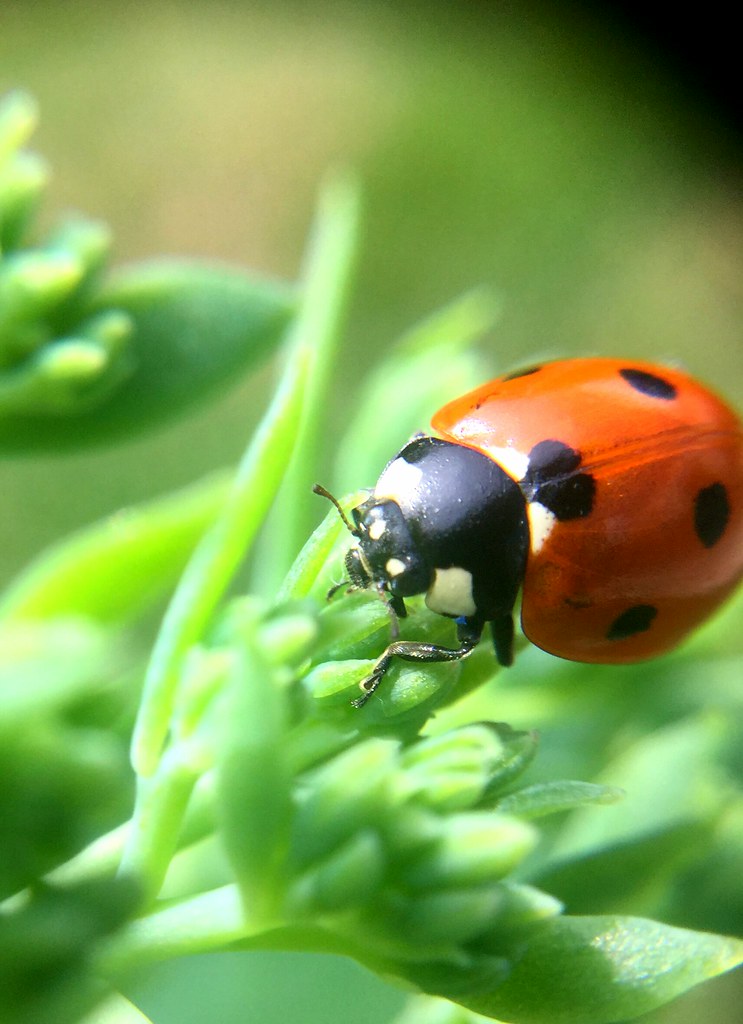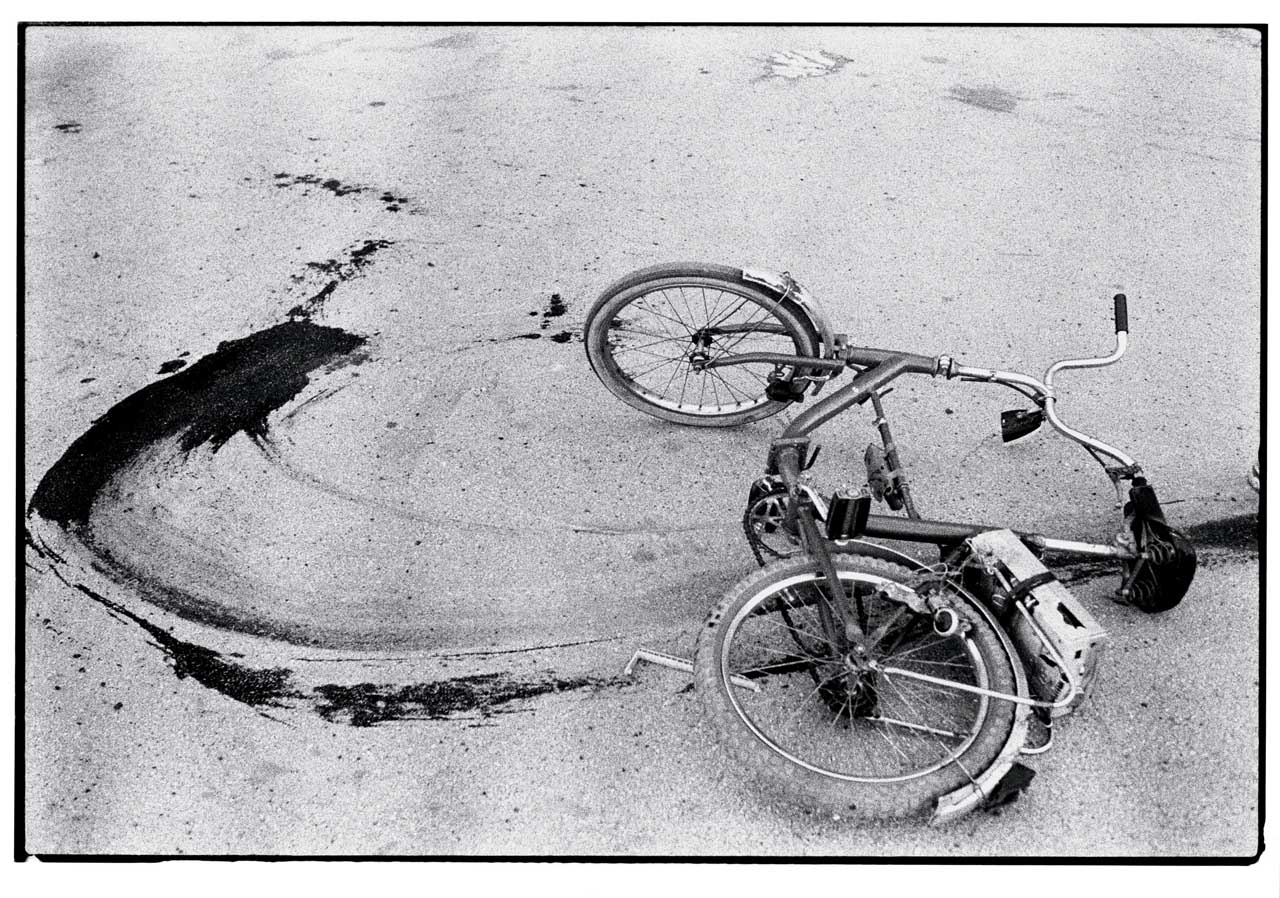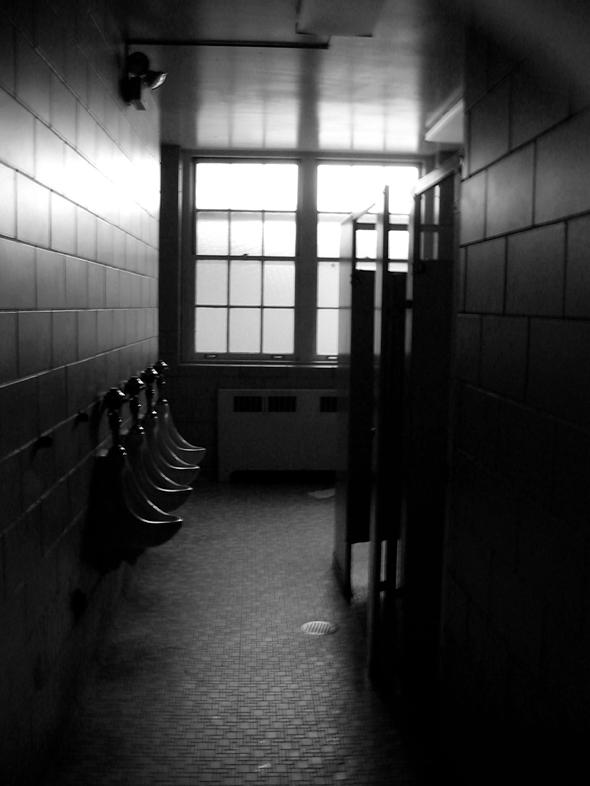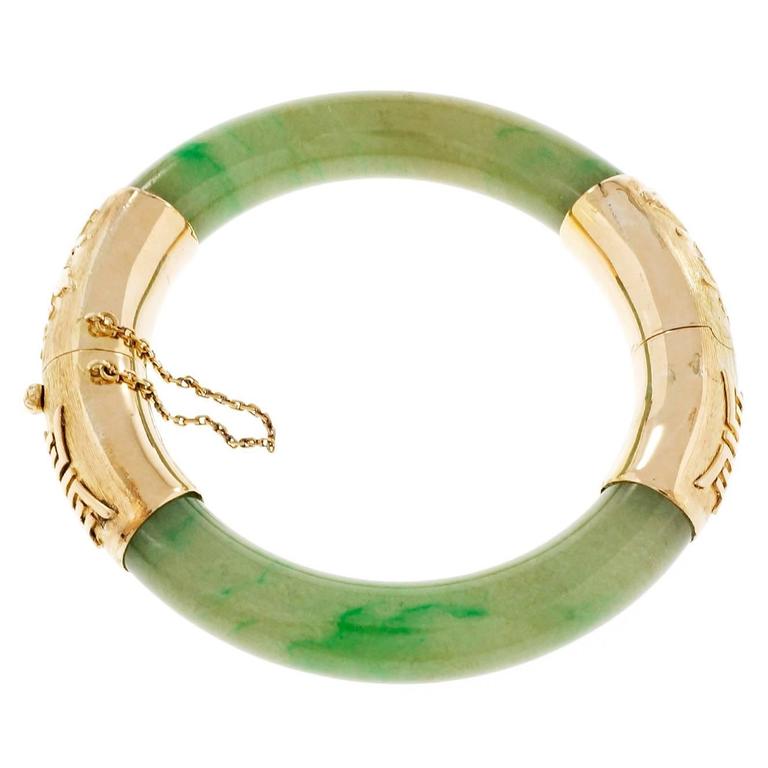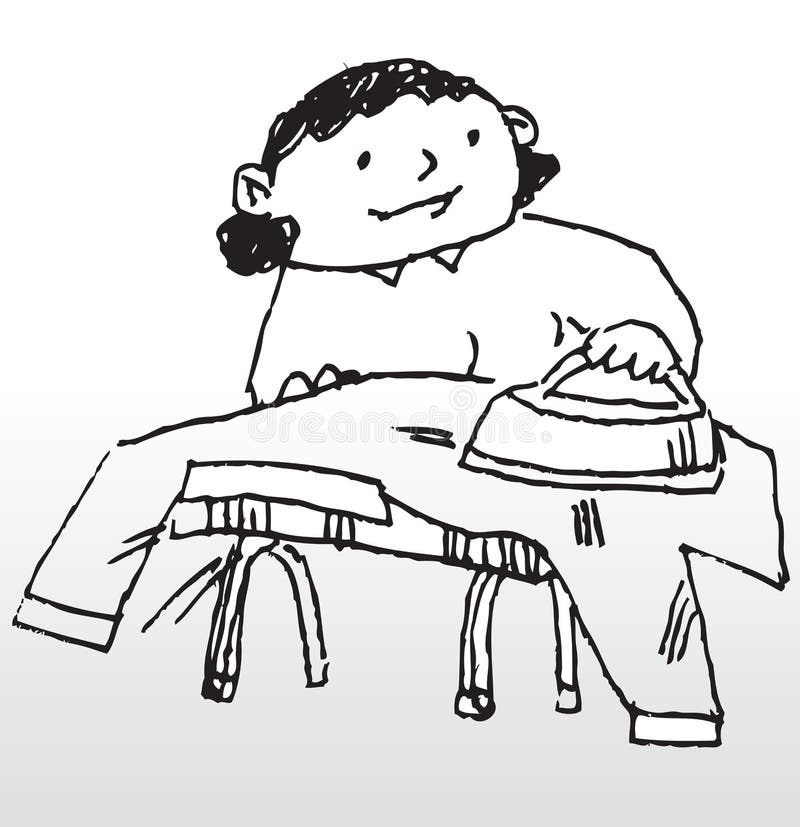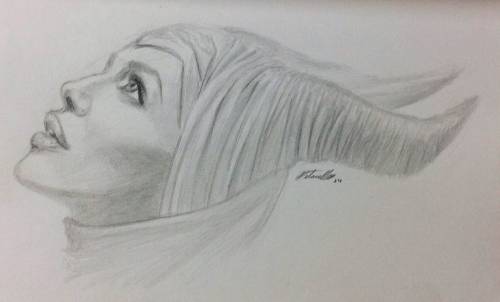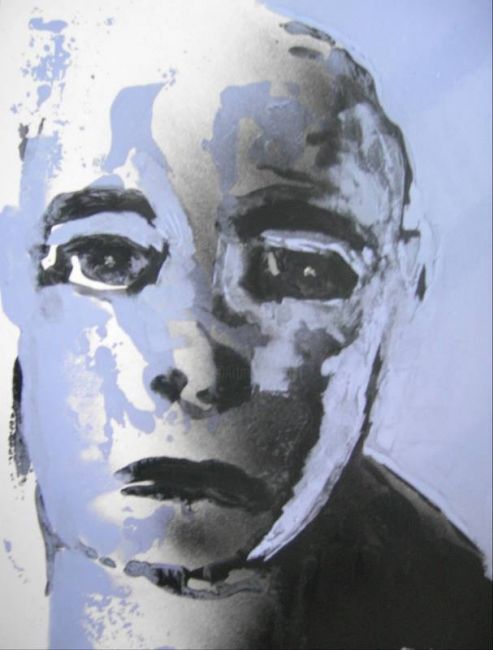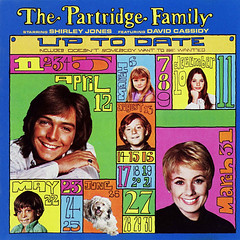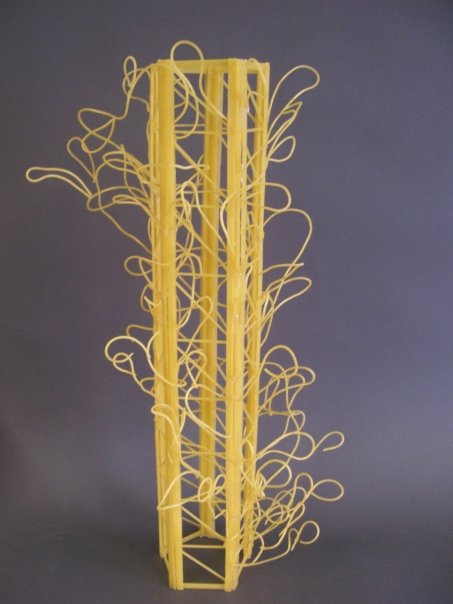
Image courtesy of e-liquid.activite.eu
The year that Celeste Solinas’s father fought the mayor of Calinte was the year that Celeste devised a plan of becoming a star like Imelda Marcos. She would leave this hilltop province to sign a record contract in Manila. She would sing on a noontime TV variety show following morning mass each Sunday. Radio dramas would reenact the story of her life, and other girls in other small towns would think up plans of their own to be just like her. On a frying pan she gazed at the face that would be loved by all – sepia cheeks and brow, eyes bronze black as her hair – a face that would be immortalized on rattan fans and lunch pails.
It was an April Sunday. Celeste was in the kitchen, helping her mother bake coconut pies. Flies gathered on the window screen above the sink. A saccharine fragrance pervaded the air, and the sun lit as tarnished gold cupboards of chipped white paint. The deaf boy Paquito walked in with two coconuts in his hands, two more balanced on top of those, and a fifth on which he rested his chin. Celeste’s father followed close behind. He had requested that Paquito give him coconuts from trees that flourished like weeds in Mayor Hernando Olizar’s garden. Mayor Olizar owned a bungalow on the only paved street in Calinte. Paquito was its caretaker. Since the mayor and his family spent most time in Manila, Paquito obliged Papa Solinas as he did anybody who asked him a favor. In the past few months since his arrival in Calinte, he had carved a bamboo pipe for Father Amores; he had crawled into a roadside ditch to retrieve a necklace of faux pearls for Doña Louisa, the postmaster’s wife; and as a mere act of magnanimity, he had given the madwoman Pelaez a basketful of pandesal, salted bread he had baked himself.
Paquito’s old dog went with him everywhere he went. Layas, Paquito had named him, which was the Taglog word for “run away,” for Layas was a dog that took the liberty to wander away from Paquito and to roam Calinte on its streets of cracked gravel, from one wood and stone ramshackle house to another, greeting the town’s denizens with his nose pressed against their hands. His coat a fading copper, Layas was barking and wagging his tail as Paquito and Papa Solinas entered. When Celeste put down the frying pan to look at Paquito, she noticed how true the saying was that masters resembled their pets: Paquito, though only sixteen, had white whiskers and no eyebrows, an Adam’s apple and arms tree branch slender. She thought it odd that he should be wearing dress shoes to pick coconuts. His thumbs were also deformed. The left was on the verge of splitting in half like Siamese twins. The right was blunt and hard as the stem of a ginger root. A second thumb protruded from its base.
Papa Solinas pointed to the kitchen sink. Paquito quickly walked to it in his eagerness to release the load. Papa Solinas handed him a machete hanging from the wall. Paquito poked the tip of his finger against the blade to determine its sharpness, then sliced each coconut with one forceful whack. Celeste watched him and she sensed that he knew she was watching, for when he was done, he turned to her and smiled with bravado. It was an impressive feat indeed. Not a single drop of coconut juice had spilled.

Image courtesy of pinimg.com
“Neldy, I had another dream last night,” Papa Solinas said.
“Oh, my,” said Mama Solinas, more exasperated than surprised.
Celeste’s father had been having recurring dreams for the past month. “Visions,” he called them, and in these visions a red-faced man was sitting on a throne beneath a tolling church bell. Around him the land was arid, gladiolas were wilting, and the round sweet lansones fruit dangling from dead trees were sapped of their juice. “What could my vision mean?”
“Dreams are just that – dreams.” Mama Solinas rested an arm on her belly and fanned herself with a paper plate.
Celeste proceeded to knead dough. Baking coconut pies was a Sunday ritual. Normally Celeste’s older sister, Wanda, assisted in the baking, only today she was in the market in Santa Cruz, a neighboring province downhill where Papa Solinas worked as a butcher; she was helping a brother, Nestor, operate the meat stall.
Papa Solinas dug into his pocket for coins to give Paquito. Paquito waved his hands and shook his head in refusal. Papa Solinas smiled in urging him to accept. His smile resembled a smirk because of a scar on the left corner of his mouth he had obtained from shaving with a hunting knife, and his short height and close-cropped hair gave him a boyish air, more boyish than that of the deaf boy Paquito, who muttered as articulately as he could that he had always wanted to visit the Solinas house, so to do Papa Solinas a favor was an honor, especially since the coconut trees in the mayor’s bungalow were bearing such rich fruit and nobody was there to enjoy it. Of course, he had always wanted to meet the Solinas children. Why, he asked, was Celeste always at home and never out in the square with the other boys and girls?
“I don’t know,” Papa Solinas said, for Paquito knew how to read lips. “Maybe you should ask her yourself.”
Celeste gazed at Paquito’s thumbs and then at his pure black eyes. “I’m busy baking pies,” she said.
Paquito bowed and headed out the door. Layas ran to overtake him, his tongue lolling.
“He has funny thumbs,” Celeste said to her father.
He replied, “They’re not pretty thumbs, but they bring good luck. That extra thumb means he’ll never lose his grip on anything. He’s blessed.”
Blessed, Celeste thought, and wondered about this stranger, where he had come from, what family he had, how he felt as everyone’s friend yet having no one truly know him. She wondered what sounds a deaf boy heard in his head.
Mama Solinas began to shred coconut meat on the chopping board. On a wall above her, a calendar picture of a blue-eyed baby Jesus looked upon her with a beatific grin.
“Come now, Neldy,” said Papas Solinas. “Do you think my dream is for nothing? You know what I think? I think God is telling me that it’s about time Mayor Olizar delivers his promise to us of a new belfry.”

Image courtesy of images.fineartsamerica.com
“Why you? You are not Moses.”
“No, I am not, but I a man who believes in something.”
A new belfry. Mayor Hernando Olizar had been the mayor of Calinte for half of Celeste’s fourteen years, and for the past two summers, he had been pledging Calinteños that their church, a stone structure that had been standing in the town square since the days of the Conquistadors, shall have a bell tower to beautify their town. Lightning had struck the current one. It was now a heap of crumbled rock. The bell sat silent at its base, waiting to rise again and to ring throughout Calinte, downhill along the bamboo and tree-lined path that led to the rest of the world.
Celeste fit the dough into three pans then sprinkled brown sugar into a bowl of melted butter and corn starch. “Maybe you should be mayor yourself,” she teased her father. “Don’t forget that he also promised an irrigation system.”
“Mayor Solinas, that doesn’t sound nice,” said Celeste’s mother. “And we are happy in this home of ours.”
Home was two stories of moss-coated stone and weathered shutters. Among the furniture in the living room were a vinyl sofa patched in masking tape and a black and white TV the size of a Tide box. A Singer sewing machine and a makeshift altar with an image of the Virgin Mary flanked the sofa. Behind that was the dining table, the kitchen and the bathroom, and on the second floor were three bedrooms.
“Ha!” Papa Solinas himself scoffed at the idea of mayor. He was no politician. He seldom read the newspapers nor did he ever discuss national events with his family. When President Ferdinand Marcos had declared martial law a decade earlier, he didn’t know a midnight curfew had been implemented across the nation until, one night, Mama Solinas said that they could no longer wait for the rest of Calinte to sleep before they could walk under the stars. Whenever he overheard homecoming overseas workers mention Clark and Subic naval bases, he didn’t think of the military alliance between the Philippines and the United States but of Campbell mushroom soup. And yet… “I may not be mayor, but do not doubt the voice of a little man such as myself, Neldy.”
“All I know is that I am too fat to be the wife of a mayor and my flat feet won’t fit into high heels,” said Mama Solinas. She took two shreds of coconuts and placed them by her ears as if they were dangling diamonds. “What dreams.”
“Visions,” Papa Solinas said.
“Visions… Visions…” huffed Mama Solinas.
“What’s a vision anyway?” asked Celeste.
Her father slid his finger across the length of the machete. “Visions are what Magellan had when he discovered the Philippines, what our President Marcos has. They’re things we see in our mind of the great things we can do.”
Celeste glanced once more at her crooked reflection on a frying pan. “Visions,” she uttered.
II
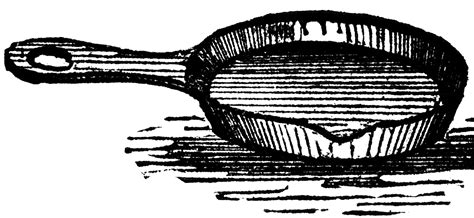
Image courtesy of tse2.mm.bing.net
Mayor Olizar and his wife, Countess Peggy, returned to Calinte with their daughter, Cynthia, after an Easter respite in Manila. A silver Mercedes was parked in the driveway of the Olizar bungalow. Celeste ventured to their walled-off home, hiding underneath the leaves of a mango tree outside the gate to glimpse a fairy tale of an existence.
The Olizars lived in a part of Calinte that belonged only to them. Eucalyptus sweetened the air. Macopa trees bore their pink fruit all year round. Other homes existed nowhere near. They did at one point. Through the passing seasons, storms had washed them away. The Olizar bungalow somehow managed to remain rooted to its spot. From sunrise to dusk, the varying hues of the heat glazed its limestone wall: morning blue, pale noon yellow, faded pink. On its front door hung a carving of a woman that once graced the prow of a Spanish armada. She appeared to be pointing to the North Star, keeping the bungalow afloat through floods and mud slides.
In the front lawn, young Miss Cynthia Olizar was lounging on a wicker chair. Her lips were bright red. Her bobbed hair was cut asymmetrically. She was wearing a skirt with the hem inches above the knees. Celeste had never seen hair styled in such a fashion and thighs daringly exposed. What surprised her most of all was that Mayor Olizar seemed blasé to his daughter’s attire. He was sprawled lazily on the grass, drinking coconut juice from the husk.
Paquito walked out the front door, followed by the countess and Layas wagging his tail. Paquito was dressed in his trademark leather shoes, white trousers, and white shirt. A red tomato motif necktie added a splash of color. With a tray of Coca Cola, he stepped down the porch steps. Behind him, Countess Peggy’s clogs tapped on the ground with her every step. The countess wore gold trinkets wound around her neck and dangling earrings large as bottle caps. Her henna-dyed hair was a lustrous auburn. She was called countess because rumor had it that the mayor had bought a castle in a land where snow falls and that the purchase came with a title.

Image courtesy of specialneedsinmusic.com
Miss Cynthia took a cigarette from her purse. She lit the cigarette and tilted her head back to blow smoke into the air, smearing the cigarette butt red with lipstick. Miss Cynthia’s lips seemed to have a life of their own. Whenever she spoke, they took on the shape of every vowel she uttered, and whenever she was spoken to, she twitched her lips or oohed and aahed, depending on her reaction to whatever was being said.
Layas barked. Miss Cynthia cocked her head towards the gate. Her and Celeste’s eyes met. Celeste’s instinct was to run, but then Miss Cynthia leaned back on the chair once more. Paquito approached the gate. He guided Celeste to a spot behind the mango tree, out of everyone’s sight, and offered her a glass of Coke. After drinking, she puckered her lips then looked at the glass in imagining her own lip print red on the rim.
“Thank you,” she said.
Paquito took the glass and left.
“Thank you,” she said out loud, forgetting that he was deaf.
When the weekend passed, Celeste saw Paquito sauntering down the street towards her house. At the front door, he slipped a lipstick into her hand.
A present from Manila, he said.
She stared at him in wondering how he knew Miss Cynthia Olizar’s lips had fascinated her so.
Paquito, uttering something unintelligible, pointed to her eyes and then at his lips.
“I don’t understand,” she said.
Paquito repeated his gesture, speaking more slowly with elongated syllables, as if his mouth were filled with marbles. His message: he had noticed Celeste the whole time staring at Miss Cynthia’s lips.
Celeste placed her hand on her mouth. “Was I so obvious?”
No, Paquito said. Taking a deep breath, he shifted his eyes as a cat would, formed his hands into paws, and proceeded to say something long-winded.
“Slowly. Slowly,” said Celeste.
Paquito reiterated his sentence.
“Did I hear you right? Am I really like a cat?”
Yes, she was as stealthy as a cat.

Image courtesy of img0.etsystatic.com
Celeste rushed up to the bedroom she shared with her sister Wanda, shut the door, and rolled on the lipstick. She gazed at herself in a bureau mirror, clipped her hair up on one side so that it resembled Miss Cynthia’s bob, and copied Miss Cynthia’s facial expressions and poses. She continued this fantasy every chance she had the room to herself, leaving her lip print on paper napkins, pens, and Styrofoam cups. She’d powder her face so that she’d be as white as the First Lady Imelda and her entourage of high society ladies. She’d walk on the balls of her feet as if she were wearing high heels.
Every time Paquito delivered coconuts to Papa Solinas, he offered Celeste a present – a diadem of baby’s breath flower; a plastic pendant bearing the image of the Virgin Mary; a vine of lansones plucked from the trees in Kandulo, the creek beside Calinte where Celeste could hear her voice soar over the still water to the sky. There Celeste loved to sing the music of Air Supply, Irene Cara, and Olivia Newton-John. Papa Solinas once said that his daughter’s voice evoked the image of a waterfall quietly merging with a river – forceful and yet controlled and placid. The notes she touched, her ascension and descension on the musical scale, regulated the river’s flow. The river could rush downstream in synchronization to the upbeat tempo of a disco melody. It could remain stagnant to the forlorn strain of a ballad. It could drift towards heaven as the hypnotic refrain to a sad song went on and on.
Calinte mythology had it that treasure looted by friars a hundred years before hid buried in Kandulo. Whether or not the treasure existed, Celeste felt Kandulo to be a magical place. Every note she touched was as vibrant as the ting of a gold coin. In her heart Celeste knew that someday she’d be great. For weeks she had been singing Barbra Streisand’s “Woman in Love.” It was an accomplishment for her to hold the last note of the song as Streisand did, and with such ease as though the song came from the core of her being.
Celeste believed in greatness the way she believed in God and goodness.
One day Mama Solinas caught Celeste with her lips red, Paquito’s flower diadem on her head, and a bed sheet wrapped around her. Celeste had pinched her nose with a clothespin and had powdered her neck.
A daisy, she thought of herself.
Mama Solinas climbed the stairs without a sound and opened the door. Upon seeing Celeste twirling in front of the mirror, she stopped in her track. Celeste expected a tearful lecture on how she was too young to be tempting boys, but her mother simply looked at her, laughed, and said, “You look like a clown. Take that stuff off and help me with the laundry.” And she shut the door.
Celeste looked at herself in the mirror and then quickly looked away. Clown… Clown… Voices from outside floated over her. A bicycle squeaked by. A man hollered for sale a dessert concoction of soybean and brown sugar syrup. She buried her face in her hands to wipe off the powder.
The only sound that filled the room was of Celeste’s palms rubbing against her cheeks, a sound as cruel as the grating of sand paper.
III

Image courtesy of pinimg.com
Papa Solinas was a man of his word. The urgency that Calinteños shared for a new bell tower fueled his spirit to fight Mayor Olizar. He decided to open the Solinas home every Sunday as a meeting ground for this purpose.
On the first Sunday of August, the Solinas women awoke upon the first crow of a rooster to bake coconut pies. Mama Solinas added a special sweetening ingredient, Seven-Up, which she poured into a bowl of whipped cream that Wanda had made. Later in the morning, the Solinas family attended mass. Rubble from the razed belfry glinted in the sun like excavated jewels. The crucifix affixed on the spire was a black X against blinding clouds. In the side aisle, the Virgin Mary stood on a pedestal, swathed in white satin and a blue sash. With open arms, she seemed to be goading the worshippers to march forward on their mission.
Visitors came knocking on the open door of the Solinas home after mass. Since Mayor Olizar had continuously been delaying a belfry construction on account of a shortage in government funding, Papa Solinas proposed a plan: “All of you working men and women, donate a small percentage of your monthly salary to Father Amores, who will oversee the project. Those working in cigarette plants and soft drink factories could request donations or loans from your own businesses. Do not worry about amount. However little we collect would show the mayor how serious we are. Maybe then he’ll aggressively seek his own backers or donate from his own pocket. After a belfry, an irrigation system. We see how rich Mayor Olizar is – fancy cars, grand homes.”
“Listen to Judicio Solinas.”
“A small donation is not a big sacrifice.”
“God is with us.”
God was with Celeste, too, because among the chants of support for her father, a plan struck her with the clarity of the sun bursting through gray clouds: she would sing, not just sing to make a pretty sound as she did with the church choir or in Kandulo, but to move people to act upon what they thought was right. Clown… Clown… No! The time had come for Celeste not only to be heard but also to be seen. This for a cause that united Calinte.

Image courtesty of 1.bp.blogspot.com
The following Sunday, Celeste could hardly concentrate on kitchen work. Pies were still baking when the townsfolk arrived. The Solinas house smoked with coconut and melted sugar cane. Children pranced through the front door, following their parents who were carrying trays of fried meat and garlic rice. Calinte’s elderlies hobbled on either a bamboo walking stick or the arm of a niece. The train of families was endless for a good hour, which surprised Celeste. She had never noticed so many people before, some of who were coming for the first time. She had hoped the crowd would be small. It would’ve been easier to summon everyone’s attention. Now she didn’t know what to do, whether to make an announcement as she had intended or to sing softly to some children in a corner until the rest of the crowd heard.
When the pies were baked and slices passed out, Celeste took a seat by the TV and waited till they downed their food with beer to clap her hands, the only thing she could do since she was too nervous to speak. Her brother, Nestor, stopped in his tracks, as if whatever she was demanding attention for would be brief and trite. Wanda, pie in hand and red apron giving her a rose petal sheen, glanced at her. This was the first time Celeste alone had ever been face to face with an audience. She didn’t see people anymore. She saw eyes.
“Let’s sing,” she said. “Sing along,” she urged and began “Dahil Sa’Yo”:
My life’s been full of pain and suffering, a loving heart without a heaven. Granting me happiness, you freed me from sorrow. Only you, my love, are my hope.
The people before her filled the sofa and the dining table chairs, sat on the staircase, stood in the kitchen. On their faces Celeste noticed no awe, no expression of loss or nostalgia, just half-smiles that said, “So this is how she sounds” – whatever sound that was. A man popping open a bottle of Pepsi proceeded to sing along with her. Papa Solinas la-la-laed the song for everyone else to join in.
Because of you, I want to live. Because of you, until I die. You must know, I’ve got no other love. Ask my heart, it’s you and only you.
Because of you, I attained happiness. All my love I offer to you. If it is true that you shall enslave me, then everything in my life’s because of you.
Father Amores, his face so wrinkled that it resembled a prune, sang in unison. Wanda proceeded to wipe the kitchen counter and Mama Solinas to collect plates. Celeste looked at the rest of her audience, whose eyes were slumberous from one beer too many. She realized right then that her music was meant to divert these people from the toil of their everyday lives, from the mission of a new belfry, not to confront them with it. Today’s gathering was a party. This was evident alone in the way they sang – rough, loud, and haphazardly.
Still, Celeste wanted them to think and to feel. The lyrics were too searing to take for granted. She couldn’t help associating it with Calinte, and she honestly believed, as people drunkenly slurred their words and stumbled with full mouths over the lyrics, that she’d fight for Calinte, suffer for and give her life to it. Would these people be willing to do the same? Nobody could forget that the First Lady Imelda, on President Marcos’s first run for presidency sixteen years earlier, had promised through her own rendition of “Dahil Sa’Yo” to slave for the country. That moment was a part of every Filipino’s schooling.
IV

Image courtesy of weebly.com
To escape the zoo the meetings had become, Celeste on one Sunday stayed away. The oven was so steaming from the coconut pies that her home itself seemed a furnace about to explode. Even her mother early that morning had expressed her doubts over the meetings.
“We’re wasting money,” Mama Solinas said as she stood before shelves of coconut pies in the open refrigerator. “All this is supposed to be for the family.”
“Come now, Neldy,” said Papa Solinas. “We are all family, this whole town.”
“How many more crazy Sundays like this? Hardly any talk is about the belfry or even the irrigation system. They just want to eat and drink, these people. Our family, you say? Nobody cares, Judicio. That belfry, it’s just a building.”
Papa Solinas spoke with the somberness of a sage. “People do care. They’ve been giving money to Father Amores. And you’re wrong, that what is happening here is just about a building. This is about our church. This is about a promise.”
Mama Solinas said nothing more, for in his eyes the Solinas family saw that the fight for a new bell tower was perhaps the most important thing that Papa Solinas would ever do.
It was high noon. The sun was so turbulent that waves of heat undulated in the sky. Celeste happened upon the mayor’s bungalow. In the front lawn, Paquito was lounging in the wicker chair where Miss Cynthia, months earlier, had been showing off her glamour for lipstick and cigarettes. His feet were resting on a table. A straw hat was tilted over his forehead, covering an eye. Celeste would have kept on walking if Paquito hadn’t seen her. He waved at her to come closer and opened the gate.
“They may not want strangers inside,” Celeste said and pointed to the house.
Paquito shook his head. The Olizars were in Manila.

Image courtesy of pinimg.com
After little coaxing, Celeste entered, though Paquito didn’t take her into the house. He took her to a ladder at the back where Layas lay asleep. Together they climbed to the roof.
It was a new sensation for Celeste to walk on corrugated clay. She felt her steps lighter, airy, so different from walking on solid ground. She knew now what birds saw when they looked down on houses, flew higher than a tree, touched the sky. She had never ventured on a rooftop before. Neither did she know of anyone who ever did.
“I had to get away,” Celeste said.
Paquito led her to the center of the roof.
When they sat down, she with knees pressed against her chest, she asked, “You’ve heard about the gatherings at my house, of course? Talk of a new belfry and all?”
Paquito nodded, motioned with his fingers to simulate yakking beaks. The Sunday meetings at the Solinas home were the talk of Calinte.
“What do you think about them?”
Paquito gave her a thumbs-up.
Flies and mosquitoes whizzed around them. Paquito clapped his hands to kill a slew of mosquitoes while Celeste slapped them against her shin. Soon the two were slapping and clapping like monkeys, which made them laugh. Their laughter turned into gay screams at being on the roof of the grandest house in Calinte, at being on top of the world. Paquito got to screaming so loud that Celeste urged him to be quiet. He smiled, his tawny cheeks flushed. He looked different to Celeste that day. She had been trying to figure out why ever since they had climbed the ladder. Now that he was smiling, his face only a hand’s length away, she knew: Paquito had grown a mustache.
“You look like an old man with that. Then again, you’ve always looked old, and you’re only two years older than me. Have you ever looked your age?”
Paquito shook his head. He said that when he was just a baby, people already called him grandpa.
“Grandpa? You’re too young to be old.”
Paquito took a box of Marlboro cigarettes from his shirt pocket then tapped the box on his palm for a cigarette to slip out. He squinted his eyes the way Marlboro cowboys did in magazine ads.
“You’re too macho.” Celeste giggled.
Lighting a cigarette, he took a deep puff and exhaled through his nose. Celeste was stunned that he didn’t cough or lose his composure and pleaded him to do it again. Paquito stood, offered his hand to Celeste so that she could stand with him. He raised one arm over his head, wrapped the other around his waste, then tapped his feet. Cigarette fumes clouded his head.
“You want to dance?” Celeste asked. “Oh, I don’t know. I’ve never danced with a boy before.”
Paquito kept tapping his feet.
Celeste hummed a tune. “You’re off tempo, off tempo,” she said. “That’s not right.”
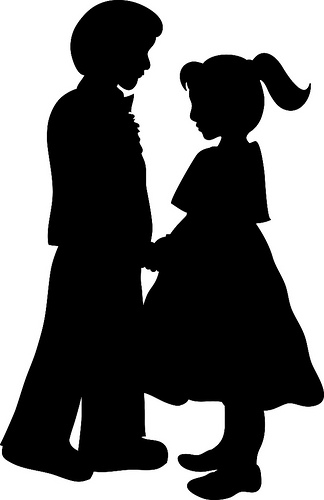
Image courtesy of clipartbest.com
When at last Celeste took hold of Paquito’s hands, she quivered from the touch of his deformed thumbs, especially the one that stuck out like a limp sausage. He pressed his thumbs against his palms so that she need only touch his four extended fingers.
Celeste hesitated and then, “That’s not how you hold a girl’s hand. Put your thumbs out and wrap them around my hands like you do with your other fingers.”
Paquito looked dismayed.
“You want to learn to dance or not?”
So he held her hands while she his – the first hands of a boy she had ever held. She hummed a tune. He followed her steps, held her hand over her head as she twirled in a circle, her skirt billowing. Never mind that they tripped on each other’s feet, stepped on each other’s toes.
“You’re doing good. Just like that.”
Paquito cocked his head in the sun’s glare.
“It’s too bad you can’t hear,” Celeste told him. “There’s music everywhere. The flow of water, the chirping of birds – that’s all music. There’s music in the air… the fluty sound of the breeze… and you can’t hear it.”
Paquito pointed at both their eyes. He said that what he lacked with his ears, he compensated for with his eyes. He had eyes on every part of his body – on the back of his head, on his palms, on his stomach – and with his eyes he saw into things, he saw through them and around them, he saw people’s souls, he saw everything. And what he was seeing now in front of him was a very beautiful girl.
Celeste looked at him for a long time then touched his chest that heaved as if it were too small to contain his heart. She could feel the warmth of his flesh through his shirt, the firm outline of muscles. Suddenly.
Flinging an arm out, Paquito pointed at the sky and at the rooftops strewn around as steppingstones to mountain ranges in the horizon. If he could, he said, he’d give Celeste the world. She was too special to hide the rest of her life in a town perched so high up a hill that nobody ever ventured to it.
“What would I do with the world?” she asked.
With a voice like that, she could do anything she wanted, be anybody she wanted.
“How do you know when you’ve never heard me?”
She was wrong. Paquito had heard her voice. He felt it in church. Her singing was like God talking to him.
V

Image courtesy of idisciple.blob.core.windows.net
Paquito accompanied the mayor upon the latter’s return from Manila to pay Papa Solinas a visit. They drove up in a Cadillac. A curious crowd gathered at the Solinas doorstep. Since Paquito’s appearance frazzled Celeste, she wanted to leave, but the mayor’s presence intimidated her so that she was rooted to her spot. A giant of a man, Mayor Hernando Olizar nearly reached the ceiling. He was fat with big eyes, big lips, and a big nose, big fingers with manicured nails. The face of his gold watch reflected on every flat surface in the living room. Each time before he spoke, he wet his lips, as if about to devour a hearty meal.
“My honorable sir,” he said to Papa Solinas, “we have never met before, but it seems you know me quite well.” His laughter was Santa Claus jovial.
Papa Solinas stood up from the sofa to shake his hand. Even with his back erect and head high, he only came up to the mayor’s shoulders.
“I’ve been curious for the longest time about you, as all of Calinte knows you except me. At last, I have the pleasure of your company.”
“The pleasure’s mine, sir,” said Papa Solinas.
At the front door, Paquito handed a basket of canned fruits, biscuits, bread, and wine to Celeste as a present from the mayor to the Solinas family.
Mama Solina, curlers in hair, rushed sideways down the stairs. Her hips were too large for her to walk down with body facing forward. Seeing Mayor Olizar, she screamed from embarrassment.
“The mayor has come for a visit,” Papa Solinas said.
She patted her hair and straightened her skirt. “Excuse how I look.”
Mayor Olizar chuckled good-naturedly. “I see my wife in curlers all the time. I won’t be staying long. I simply wanted to meet your rebel rouser of a husband.” Again, a laugh. “I salute you, sir.” He saluted. “You have a brave husband, Mrs. Solinas.”
“Yes, that he is,” Mama Solinas said, first with trepidation due to the mayor’s surprise visit and then with certitude. “Yes. Yes. I have a brave husband.”
Papa Solinas waved away the compliment. “You are very kind, mayor. It is Calinteños who are brave. I am just speaking for them.”
“Speaking for them is no small task,” Mayor Olizar said. “Because of you, I hear them. A new belfry, that we will all have, and let us not forget the irrigation system.”
Papa Solinas was about to ask the question that for two years had been dangling unanswered – when? – until Mama Solinas caught Paquito clasping Celeste’s hand as he was offering a bag of Hershey’s kisses.
“Celeste, no,” said Mama Solinas.
Eyes doleful as if they both had been caught on a rooftop rendezvous, the two remained holding hands.
“Well,” Mayor Olizar said, “it’s nice to know my caretaker has a friend in your daughter. That’s a show of peace before us. By Christmas, we will have a new belfry.”
VI

Image courtesy of portaldoagronegocio.com
That was all it took to incite Mayor Hernando Olizar to fulfill his promise, a little butcher of a rebel rouser named Judicio Solinas. The entire month of October was filled with noise from an excavator, a jackhammer, and builders working from early morning to late afternoon. It was noise that Calinteños welcomed because it was the sound of progress, so much progress that a new belfry would be standing by November. Father Amores held a mass to thank Papa Solinas and the mayor, who decreed that those who donated towards the construction of the belfry should have their money back.
“I’m not sure about this,” Papa Solinas said to Celeste as the congregation trickled out. “Visions… heh… I should have listened to your mother. The rotted lansones in my dreams… the fat man with the red face… I see him now. He has the face of Olizar. And I thought it was Santa Claus.” A despondent chuckle.
Celeste said, “We are all getting what we want, Papa. You could not have done anything more. You did everything right.”
Papa Solinas looked down at her, gratitude in his eyes for such a daughter.
Yet Celeste felt as troubled as her father. The belfry was of brick… the red was garish against the gray church… and soon after its completion, tractors rolled through Calinte to Kandulo with the formidability of advancing tanks.
The townsfolk gathered in the square and in front of their homes. They cheered and clapped and wept. They raised their arms to heaven, joyous that their prayer was answered not only for a bell tower but also an irrigation system.
When the first trees in Kandulo toppled to the ground, Celeste was standing on the bank, on the spot where she used to listen to her voice float over the ripples of the creek. Though the mayor had told the people to stay away from Kandulo, Celeste had snuck there, crouching beneath bushes and sprinting in tree shades on her way to the bank. Fallen leaves rustled to her every footfall like rice paper being crumpled. Across the creek, a tractor mounted a tree, sending it to the ground with a thud as explosive as a bomb blast on a silent night. A series of thuds followed, each one more terrifying than the last. She couldn’t explain what she felt. It wasn’t fear. It was greater than fear. It was a gnawing presentiment of an end soon approaching. Maybe Paquito would understand. Maybe he’d feel what she felt and know why.
She returned with him on the first day of November, All Saints Day, a day commemorating the dead.
The sun was a white hole in the cloudless sky. Since All Saints Day was a holiday, none of Mayor Olizar’s workers were in Kandulo. Celeste brought Paquito and Layas to the spot where she had seen the trees being torn down. They rode a boat across the creek to the site of excavated hills and tree houses that the workers had built to rest in. The houses were made of thatched roofs and logs. Woven straw mats lay on their floors to serve as beds.
“Do you feel the same tingle up your spine?” asked Celeste.
Paquito shrugged his shoulders.
“Something’s going to happen. Something awful, I know.”
He laughed. He said that nothing could spoil their happiness.
“I mean it. I do. Something really bad. I know it. I know.”
He laughed harder.

Image courtesy of rpn.univ-lorraine.fr
“Stop laughing at me. Stop.”
He didn’t.
Celeste slapped him on the head. Why couldn’t he understand her? “Will you stop?”
He couldn’t read her lips. His eyes were shut.
“You sound like a crazy person,” she yelled. “You hear me? You’re crazy. You idiot. You’re a stupid, dumb idiot. Idiot.”
The word “idiot” echoed around, sweeping over the creek, rushing through the bushes, rolling up the mountain walls and down again back to where they were standing.
“Idiot… Idiot… Idiot,” Celeste screamed even when Paquito had already stopped and was looking at her with hurt eyes.
Quick as a squirrel, Paquito climbed a tree on which perched a house no larger than a dog’s shed. She turned her back to him and stared at the still water of the creek. And that was when it happened. The floor to the house gave way. Piles of wood fell and Paquito along with them. Celeste didn’t see the fall. She heard only his horrific scream. His motionless body lay on the ground amid broken branches, a pool of blood, and lansones from fallen trees.
Too shocked to scream, Celeste ran to his side. She didn’t know whether to hold him up or to leave him alone and to run for help. Layas was frantically walking the length of Paquito’s body, whimpering and howling, his tail in between his legs. Celeste held Paquito’s head. A gash was at the back. She whispered his name. Blood smeared on her hands and reddened her skirt. She looked up. Tree houses were black against the dizzying white sky. Once more gazing at his face, she held his hand with the extra sausage-like thumb, that thumb which once frightened her so, and intertwining her fingers with his, she moaned, “Oh, Paquito. You weren’t supposed to lose your grip on anything. Forgive me. Please forgive me.”
Whatever Celeste did afterwards was a daze to her. She regained enough sense to run back to Calinte and to tell Father Amores of the accident. Questions by people of what they were doing there ensued, as well as reprimands from Mama Solinas that they never should have gone there in the first place, that Celeste was never to see Paquito. She must be a disgraced girl, some of the townspeople speculated. Why were they out there alone? What would Olizar do when he found out they had broken his law?
Celeste was too numb to care for any of the talk. Her one concern was that she knew not how to grieve. She shed no tears either of mourning or of guilt while waiting at home for a verdict on Paquito’s life. She was clueless on what prayers to recite and if to wear black should she lose him. She wondered what would be inscribed on his tombstone, he who possessed no last name and claimed no birth date. All these came to her as flashes of realization rather than as grave matters to contemplate.
Dusk.
Calinte buzzed with news that Paquito would live. He was recuperating in the rectory, under the father’s care. Only then did the weight of the situation fall on Celeste. For an instant, the prospect of Mayor Olizar’s return tinged her with fear. Yet she trusted in God and in Father Amores to vouch for her and Paquito should the mayor be enraged, for she carried no shield other than faith.
The next day and for the week after, Celeste visited Paquito, bringing him rice porridge she had cooked, bottles of guava juice, and berry twigs picked from the mayor’s garden to color the gray room of the rectory. Paquito’s head was wrapped in gauze. Bruises spotted his arms and legs. A sprained ankle caused him to walk with the aid of a bamboo cane. Yet how white and clean his shirt and trousers were, without a crease. When he had regained consciousness the night of the accident, said Father Amores, the first thing he had asked for was a set of freshly laundered and pressed clothes. So before Celeste Paquito stood each day, an image of purity amid four stone walls, one with a window no larger than that of a prison cell, and Layas asleep underneath the cot. He’d always ask Celeste if he were presentable enough for Mayor Olizar to lay eyes upon. He’d attempt walking without a cane, his back stiff in his desperation to conceal his limp. The mayor will be unhappy, he’d groan, very unhappy.

Image courtesy of golfhaus.de
Celeste was unfailing in her response. “Forget the mayor. Think of yourself.”
Paquito would heed to her words for a mere moment so that she had to repeat them ceaselessly in the course of an afternoon.
“Stand and walk because of your own strength, not for the mayor. And if you must slouch and look small, do so because you need rest, not because of him. You are not a dog, Paquito. You are not Layas.”
Although Mama Solinas was against these visits, she knew now that nothing could withhold her daughter from doing as she pleased.
“All the more everyone will think something’s up if I obviously avoid him,” Celeste had said to her mother. “I have nothing to hide.” This she’d prove by smiling at all she would pass on her way to the rectory.
One day Celeste told Paquito, “Why don’t you move to Manila with me someday?”
She was admiring a surplice stashed in a chest. It smelled of pinewood and vanilla incense. The vestment, intricate in its herringbone design, got her talking about the city, the places there she’d sing at, the dresses she’d sew for herself. For the first time she saw no reason why Paquito could not be a part of these grand plans.
Paquito smiled so tremendous a smile that the only feature of his face noticeable beneath his gauzed head was his even teeth. He was sitting on a stool below the window. A breeze ruffled his shirt.
Me back in Manila, he said incredulously. You dream too much.
“These aren’t impossible dreams. What have you got to lose? You’ve got nothing here. Olizar is an evil man. Look at what he has done to Kandulo. That doesn’t seem to be an irrigation project to me. It’s about time you made something of yourself on your own. You’ve got nothing to be scared of.”
Paquito’s smile disappeared, and along with it the soothing coolness of the November air. She was confronted by that woebegone look he had given her when she had called him those cruel things.
“I’m sorry,” she said. She was sorry for this moment and for everything she had said to bring him here to a convalescent’s bed, sorry for his unknown roots. “All that I say is coming out wrong.”
That wasn’t true, he said. She was saying all the right things.
Celeste didn’t understand until in his eyes she saw a doomed hopelessness she had seen in the eyes of Papa Solinas on the Sunday they had first glimpsed the new belfry. Paquito could never leave the mayor. To do so would be to express ingratitude for his giving Paquito an identity, he a foundling left on the driveway of the Olizars’ Manila mansion. The mayor had brought him to Calinte because the mayor trusted him, as one would trust a son, to watch over the bungalow.
“Paquito, really. Do you believe the mayor feels this strongly about you? That he sees you as one of his own? Where is he now? How come he is not here?”
Paquito freed himself from Celeste’s hands and looked out the window to avoid reading her lips for what more she had to say.
“You’re deaf and you’re allowing yourself to be blind.”
When at last Paquito faced her once more, a crushing silence befell them both. The four walls were drab without his laughter contained within them. His loss for words deafened her to the voices outside and to the whistling of birds, to all sounds of communication by man and animal alike.
VII

Image courtesy of tse3.mm.bing.net
On Celeste’s final visit, Mayor Hernando Olizar was in the rectory room, flanked by Paquito and Father Amores, both head and shoulders shorter than he.
“So this is the little devil,” Mayor Olizar said of Celeste, humored rather than incensed.
“Good afternoon, mayor,” she said.
He gave her a crooked smile.
“The young do foolish things,” said Father Amores, as if reminding the mayor of a fact of life, then glanced at Celeste with nervous concern. “Their age endows them with a daringness that is sometimes reckless. Celeste didn’t mean to act against you, sir. She is a normal teenager in that she hasn’t yet the wisdom to know that the young, with all their beliefs of invincibility, have their limits.”
Mayor Olizar raised a hand in disagreement. “You underestimate this Solinas girl, father. She has a mind of her own. However, I’m sure she is wiser now. And so you must be, too, Paquito.”
Paquito nodded.
“You have never disobeyed me before. Now that you have, you almost got yourself killed.”
Another nod.
“Very good. The father says your ankle will heal fast enough and you’ll be tending to your duties at the bungalow in no time at all, and only to those duties. Remember that.”
Yes, sir.
Celeste stepped aside as the mayor passed her. He bowed his head to exit through the threshold. His hands were large enough to crush Celeste’s skull in one squeeze the way she would an egg. Her anger at him gave way to defeat. Calinteños were whispering that Mayor Olizar was truly digging into Kandulo for the mythical gold, that for this purpose he had misappropriated the government funding. Surely, the First Lady Imelda must know about this. Surely, she would not condone the devastation of Kandulo.

Image courtesy of cloudfront.net
“My best wishes to your father,” he said.
“Thank you,” she said. Those were all the words she could muster.
Paquito followed the mayor out without a word to Celeste, without a glance.
After that day, Celeste was more lost than on the day of the accident. No insurmountable force such as death was holding her apart from Paquito. It was another human being, though what inhumane acts he was capable of. Celeste didn’t know whether to knock on the bungalow gate once Mayor Olizar left for Manila or to wait for Paquito to come to her. She wondered if the mayor would have come between her and Paquito had the accident not occurred. She needed to believe that with one more day, one more song, one more dance, he’d listen to her as in those days now quickly fading.
The town gossiped that the mayor had breached their relationship by forcing Paquito out of the rectory at gunpoint. To their talk, Celeste retaliated with closed lips and a stoic face, and she preoccupied herself with household chores. The one time she allowed herself to express her sorrow was when she sang the “Ave Maria” during Christmas mass. She sang loudly and clearly, unaware of the gushes of wind that swayed the church bell and of the worshipers below, her eyes on cracks patterned like lightning streaks on the vaulted ceiling.
The sole person she envisioned listening to her was Paquito. Her voice resonated across the nave to the altar, up the bell tower, out to the sky over Calinte and beyond, as if such force would bless him with hearing. The rest of the choir was stunned mute. The church faintly echoed with the sniffles of worshipers mourning their losses. And in the music of the knells and the silence and the heart-wrenching sobs, Celeste heard a voice beckoning her from far away to leave Calinte – the voice of the boy she loved, maybe, or maybe the voice of God. Or maybe it wasn’t a voice distant at all but one that came from within herself.
Once mass ended, a weeping howl resounded throughout Calinte from the direction of Mayor Olizar’s bungalow. Celeste walked to the mayor’s gate, oblivious to the whispers and murmurs of the tailing crowd. On the roof, Layas was lying on his flank at Paquito’s feet. His four legs were convulsing. His translucent eyes were staring ahead at nothing. Paquito bent to pat him on his side. Layas stopped convulsing then shut his eyes once and for all.
Celeste was about to enter until Paquito stood once more. He looked at her without seeming to recognize who she was. Nor did she recognize him. His stance proud and face a blank, he was no less rooted to his spot than the armada sculpture affixed to the bungalow’s facade.

Image courtesy of farm3.static.flickr.com




